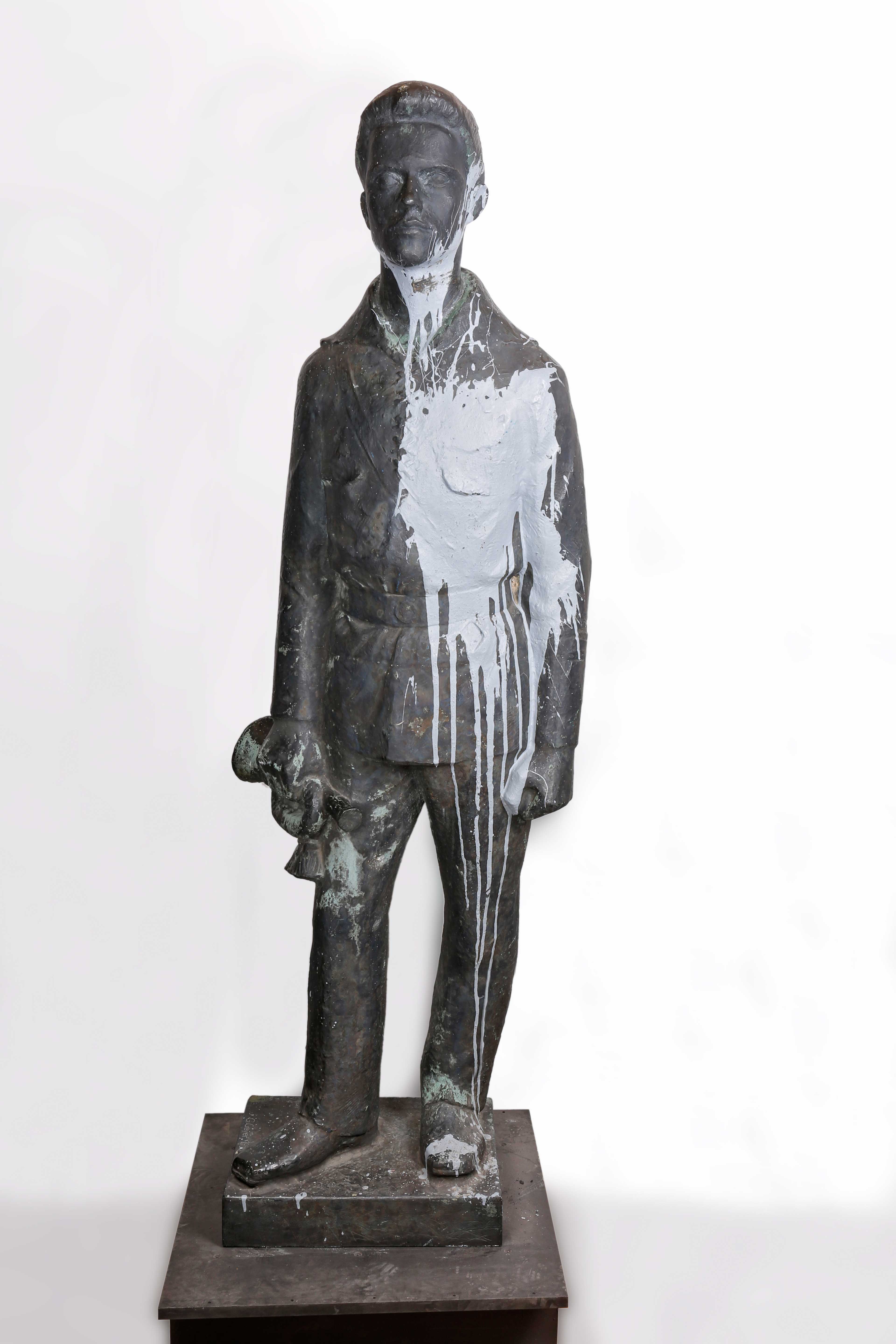Forschungsprojekte
“Anabaptist Tradition” and State Authority in Germany, 1918 to 1990
Since the days of the Reformation, various free Protestant churches have evolved alongside the established churches in dissociation from and conflict with mainstream society. In the process, their members also resisted the authority of the state to the extent that it restricted the free practice of their faith. Their religious beliefs were accordingly not a “private matter” but took on “political” dimensions. Against this background, for Germany between World War I and the reunification, the project inquires into the changes and continuities in state action vis-à-vis the free churches on the one hand, and the free-church attitudes and modes of behaviour towards the state on the other. The period addressed by the study will not be covered evenly; rather, the analysis will deliberately be limited to the phases of upheaval around 1918, 1933, 1945 and 1989/1990. These years marking changes of political system each generated their own specific set of challenges with regard to the definition and calibration of the relationship between the free churches and state authority – challenges both for the free churches as well as for political protagonists in the narrow sense. In each case, the latter were faced with the task of determining the scope of the future political order’s claims to control over the religious sphere and developing strategies for enforcing those claims. For the free churches as institutions, as well as for their individual members, each of these phases of political transition raised the question anew as to the extent to which they should respond to the future political order with obedience, dissent or civil disobedience in view of values and norms claiming unconditional validity. The analysis concentrates on the free churches that – in different ways – regarded and regard themselves adherents to the “Anabaptist tradition”. More specifically, the focus will be on Mennonites, Baptists and the lifestyle of the (Hutterite) Bruderhof, both on the level of their (national) associations and on the level of selected congregations.
Tagung zu Evangelischen Freikirchen im Nationalsozialismus in Neudietendorf, 2. und 3. März 2017
EAT-Flyer-Freikirchentag_FINAL.pdf
(341.6 KB) vom 14.12.2016
Abgeschlossenes Forschungsprojekt zur Geschichte des Bundeskriminalamtes zwischen 1949 und 1981
Abgeschlossenes Forschungsprojekt
Since the days of the Reformation, various free Protestant churches have evolved alongside the established churches in dissociation from and conflict with mainstream society. In the process, their members also resisted the authority of the state to the extent that it restricted the free practice of their faith. Against this background, this volume inquires into the changes and continuities in state action vis-à-vis the free churches on the one hand, and the free-church attitudes and modes of behaviour towards the state on the other. The analysis is deliberately limited to the phases of upheaval around 1918, 1933 and 1949. These years marking changes of political system each generated their own specific set of challenges with regard to the definition and calibration of the relationship between the free churches and state authority. The study concentrates on the free churches that – in different ways – regarded and regard themselves adherents to the “Anabaptist tradition” (Mennonites, Baptists and the Hutterite Bruderhof).


